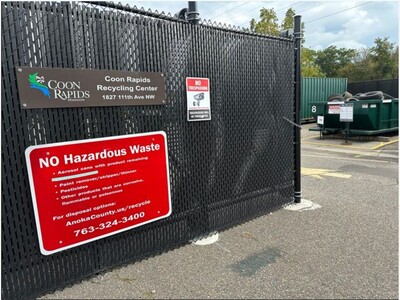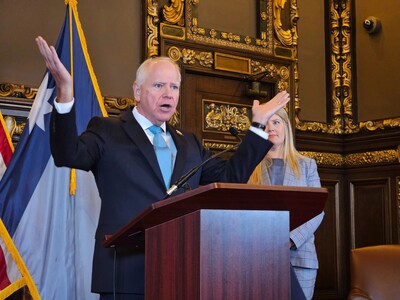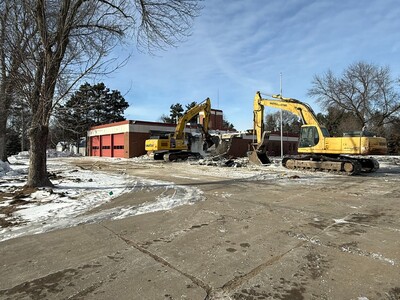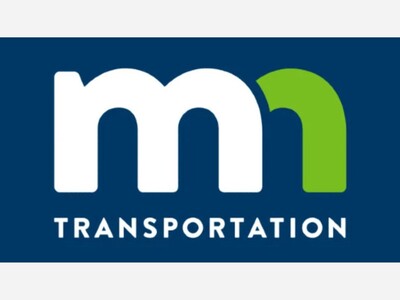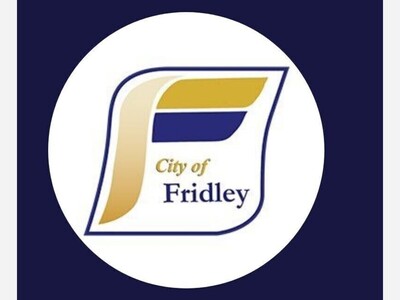Mayor Carter Unveils $887M 2026 Budget: Balancing Fiscal Pressures With Strategic Investments
Mayor Carter Unveils $887M 2026 Budget: Balancing Fiscal Pressures With Strategic Investments
ST. PAUL, Minn. — Mayor Melvin Carter on Thursday unveiled his 2026 budget proposal for St. Paul, a comprehensive $887 million plan that seeks to balance fiscal discipline with targeted investments in public safety, housing, and digital infrastructure.
The proposal, delivered amid the city’s ongoing recovery from a recent ransomware attack and a $23 million budget deficit, calls for a 5.3% property tax levy increase. For the owner of a median-value St. Paul home, the change would mean paying about $107 more annually, or roughly $9 a month.
Carter described the plan as a “strategic budget” designed to maintain core services while positioning the city for long-term growth. “Our goal is to protect the services St. Paul families rely on while making smart, targeted investments where our community needs them most,” he said.
Targeted Investments
The budget highlights three main priorities:
- Opioid Response ($1 million): Funding will support harm reduction and treatment access to address what Carter called “the greatest drug crisis of our lifetimes.” The initiative mirrors the city’s public-safety approach to gun violence, which has contributed to homicides reaching a 10-year low.
- Cybersecurity ($1 million): Following a ransomware attack earlier this year that paralyzed parts of city operations and delayed the mayor’s original budget address, new funds will bolster St. Paul’s cyber defenses to prevent future disruptions.
- Downtown Revitalization & Housing ($10 million total, with $5 million for office-to-housing conversions): Aimed at countering the post-pandemic decline in office occupancy, this investment supports converting vacant commercial spaces into residential units. The effort builds on recent conversions at the former Ecolab headquarters and Landmark Tower, part of Carter’s broader goal of attracting 20,000 new downtown residents.
Additional allocations include $2 million for expanded down-payment assistance, ongoing rental aid, small-business corridor grants, and $600,000 to enhance the city’s new digital permitting and licensing platform, PAULIE.
Fiscal Context and Political Calculus
St. Paul continues to face higher operating costs, federal funding cuts, and revenue challenges. To avoid layoffs, the proposal leans on “strategic reductions” and the elimination of staff vacancies.
The 5.3% levy increase is notably lower than the 5.9% hike in 2025 and down sharply from the 7.9% increase initially proposed last year. The tempered approach comes as Carter prepares for his toughest election campaign since first winning office in 2017.
What’s Next
The budget proposal now moves to the St. Paul City Council, which will hold public hearings and may amend the plan before adopting a final version later this fall.
If approved, residents may see additional tax impacts as Ramsey County and the St. Paul School Board weigh their own 2026 levy increases.




